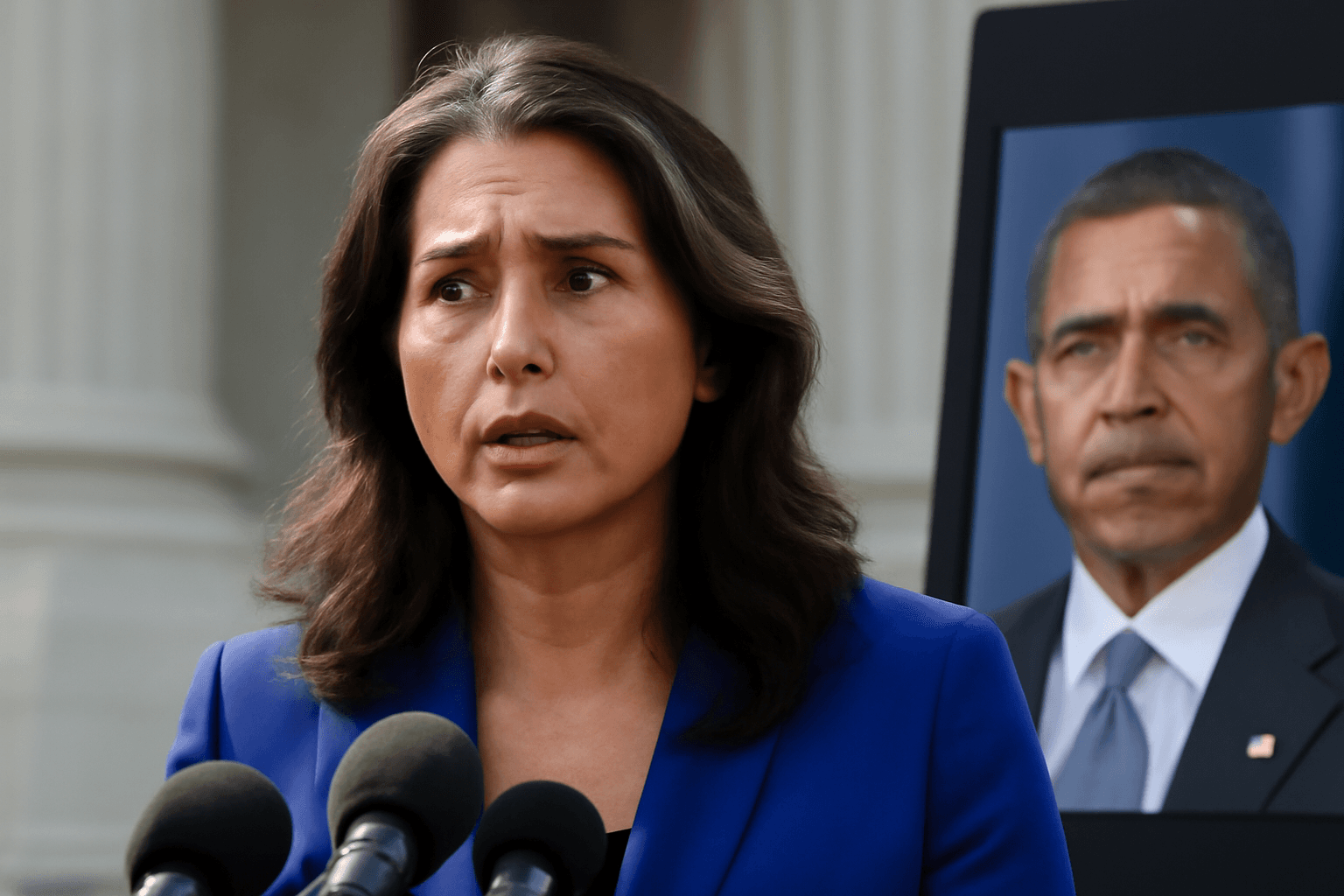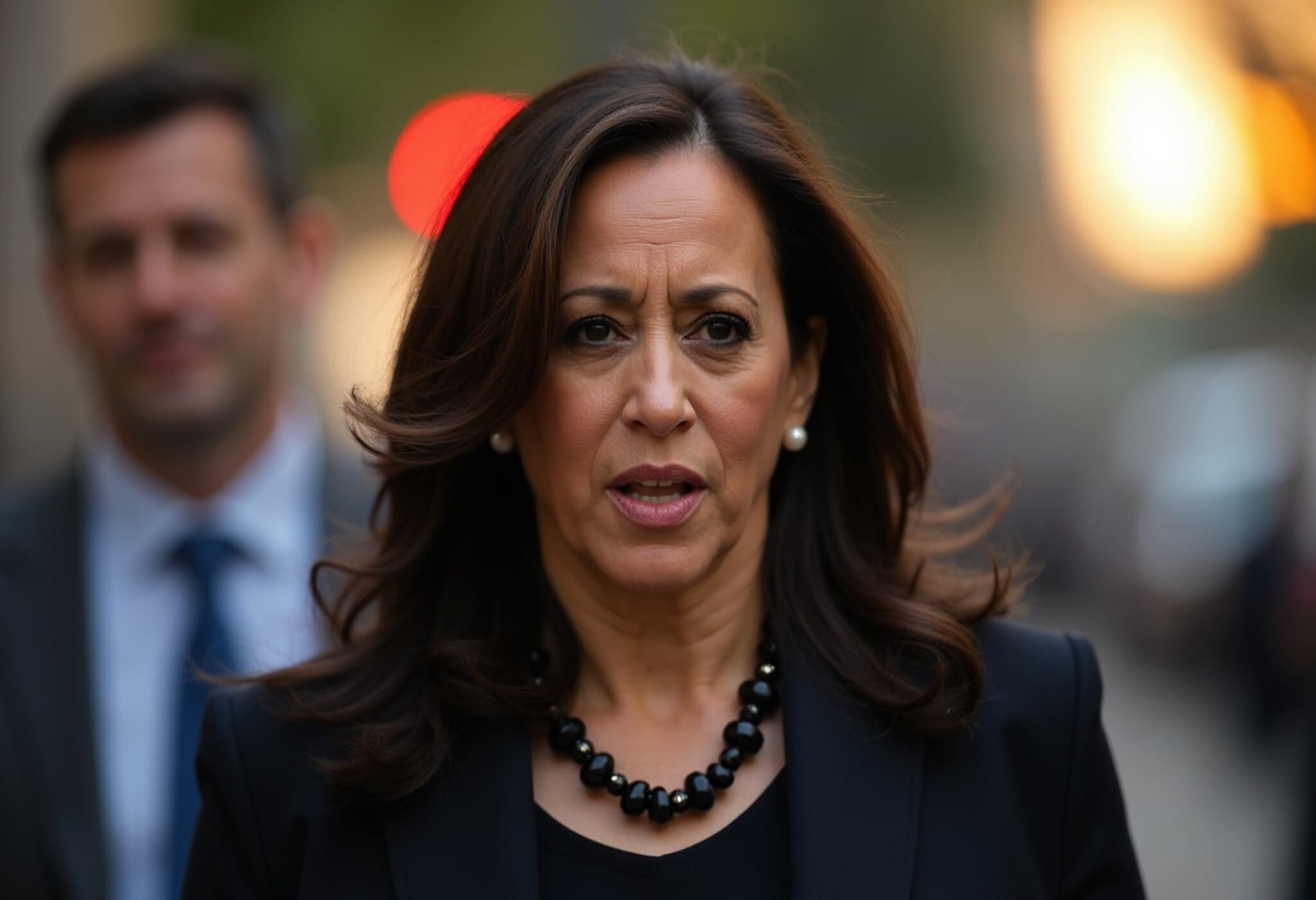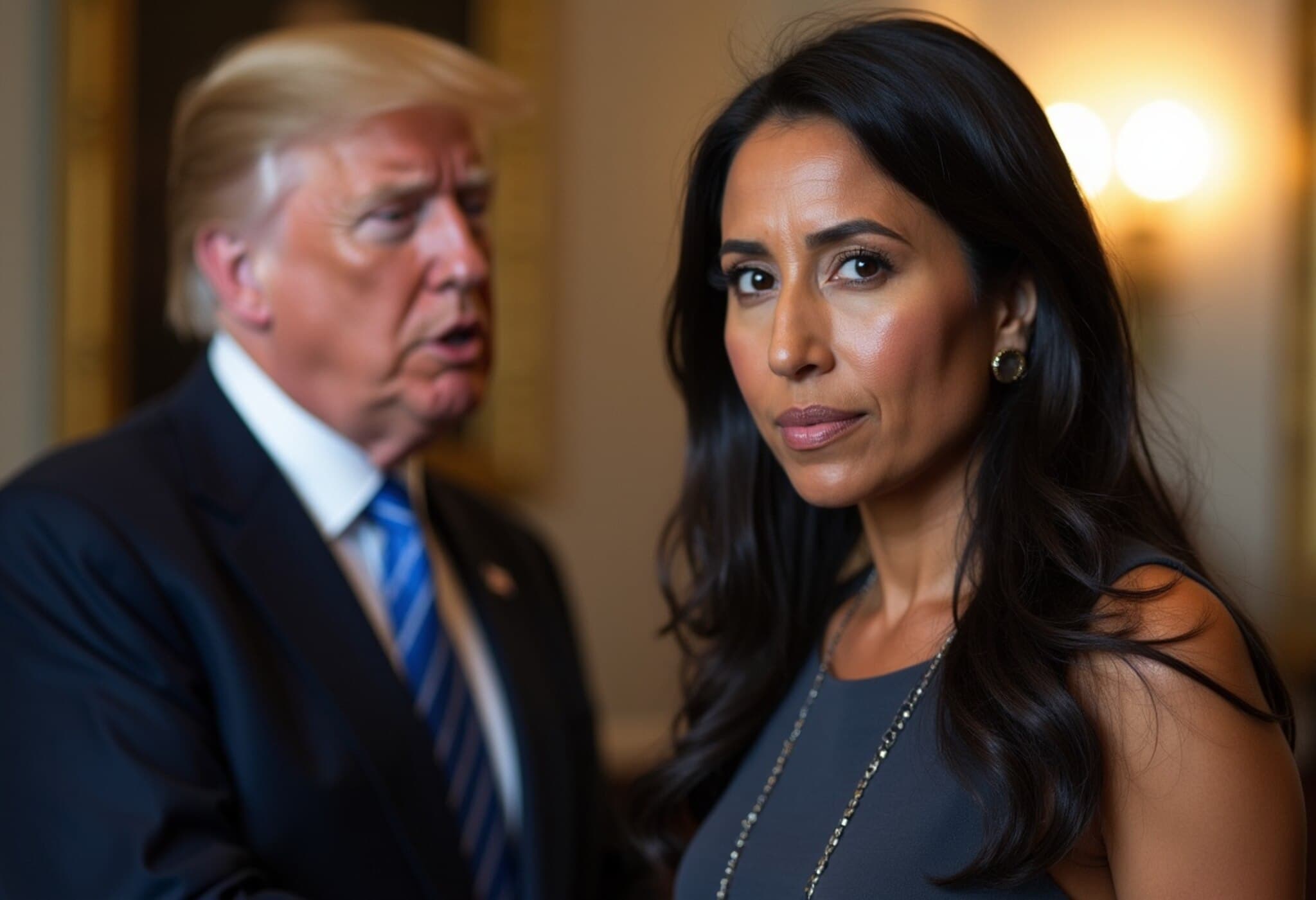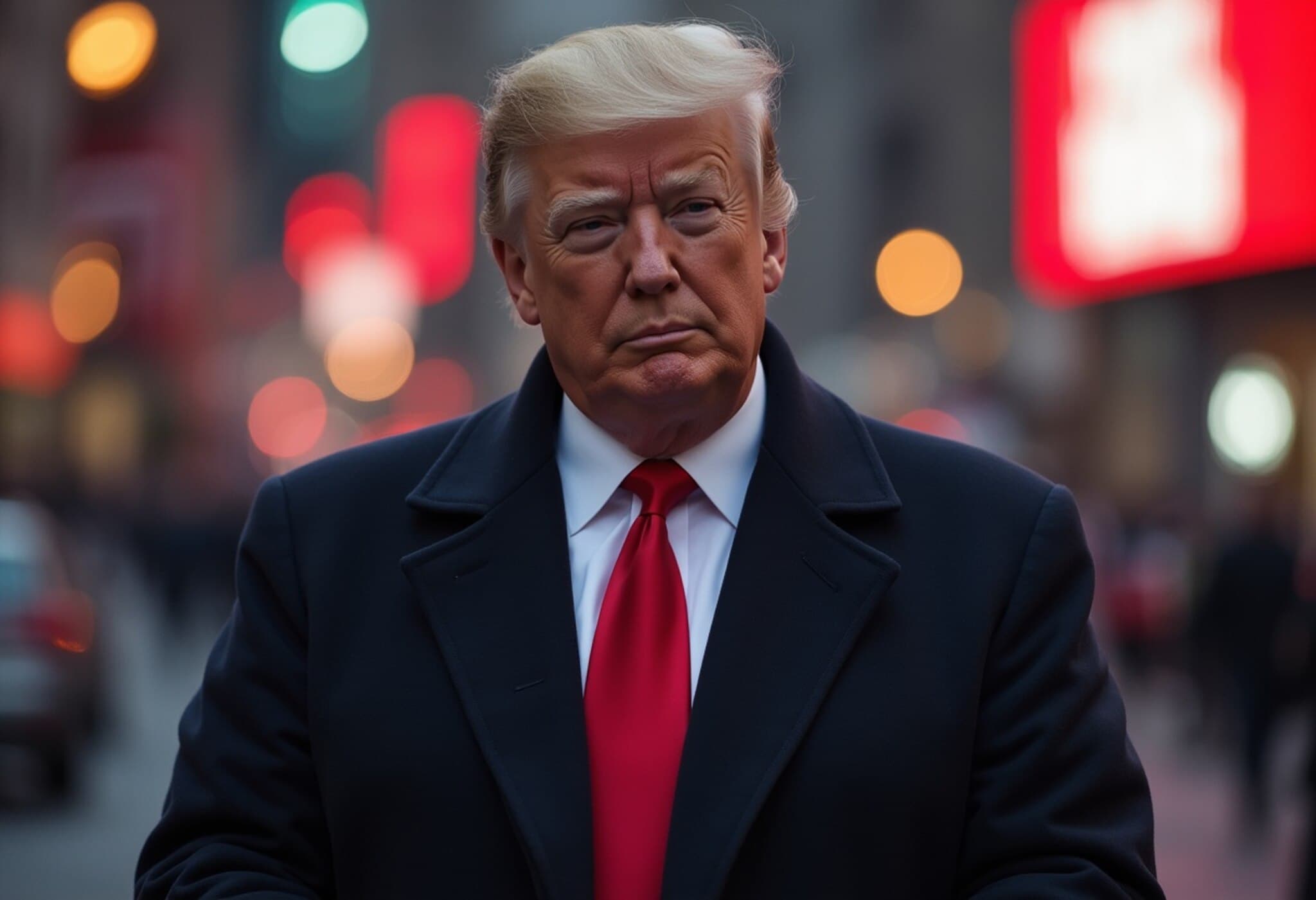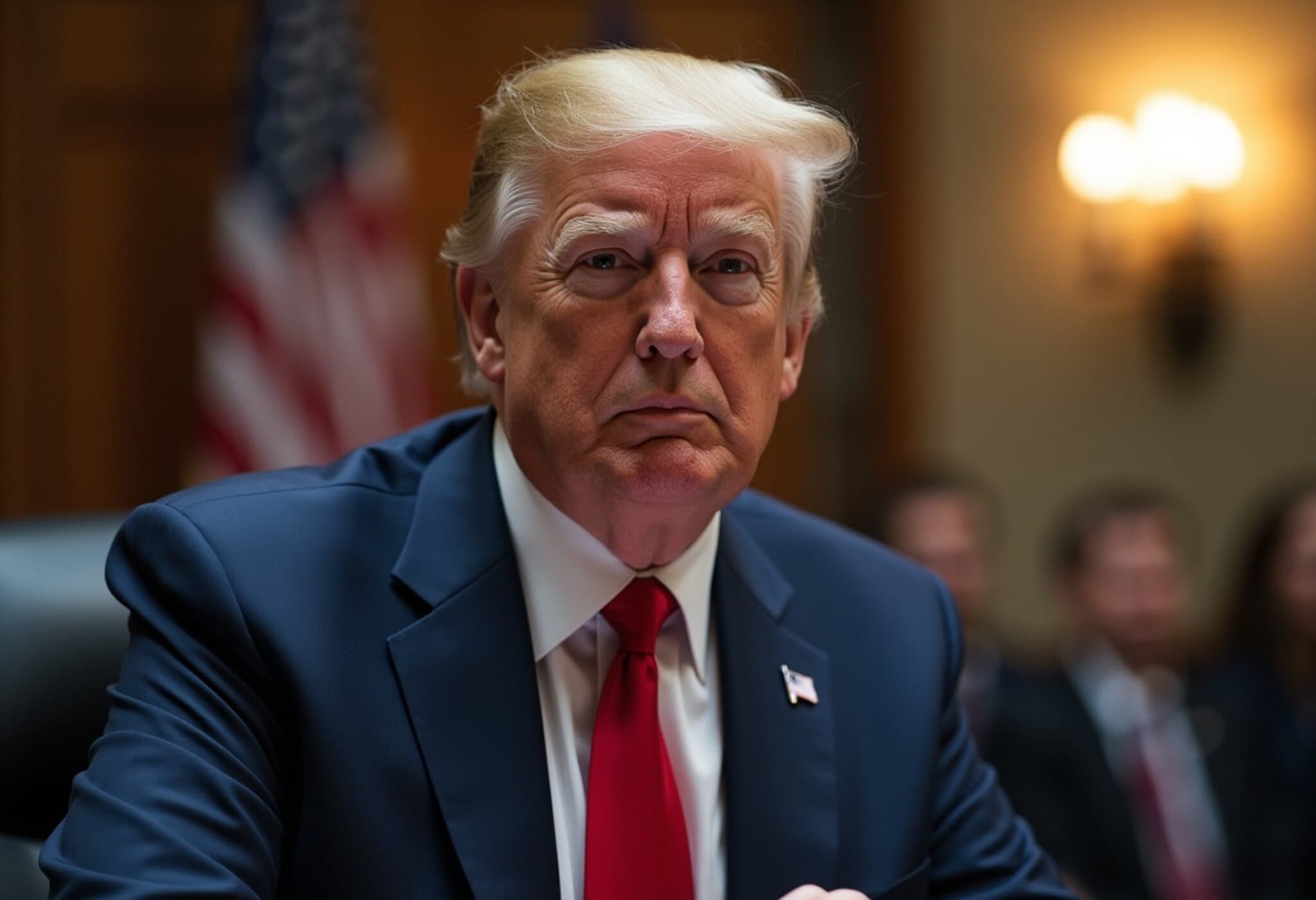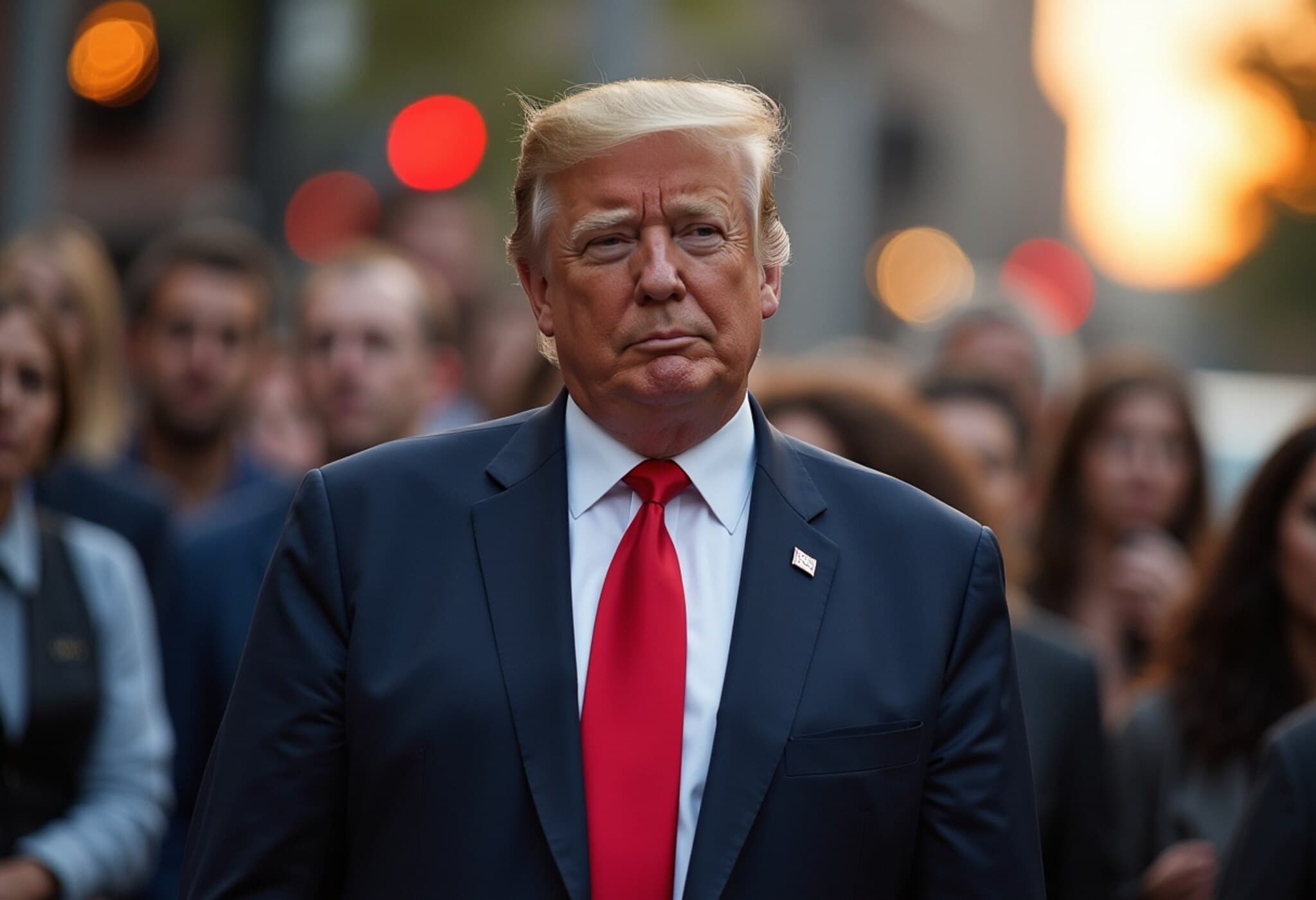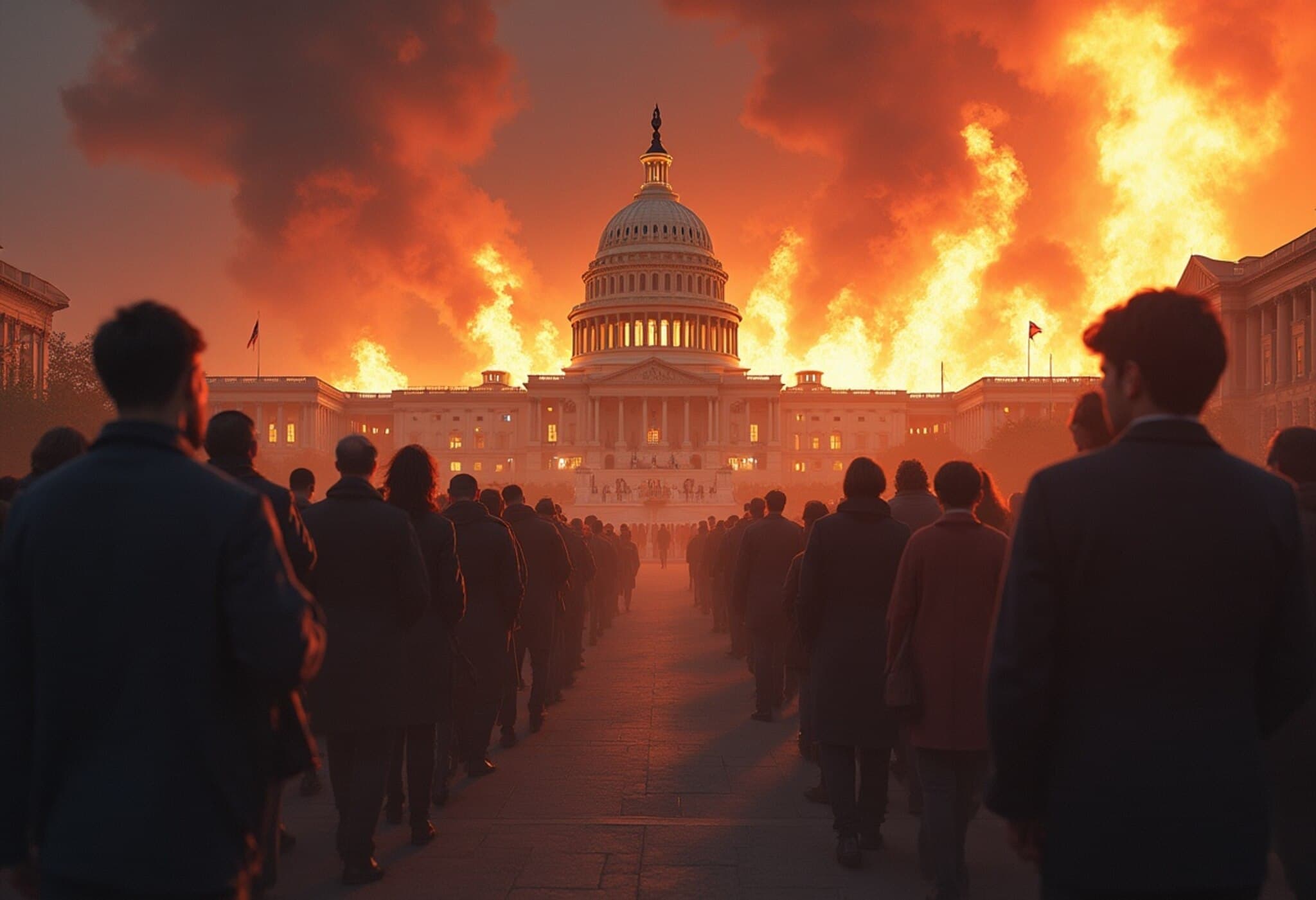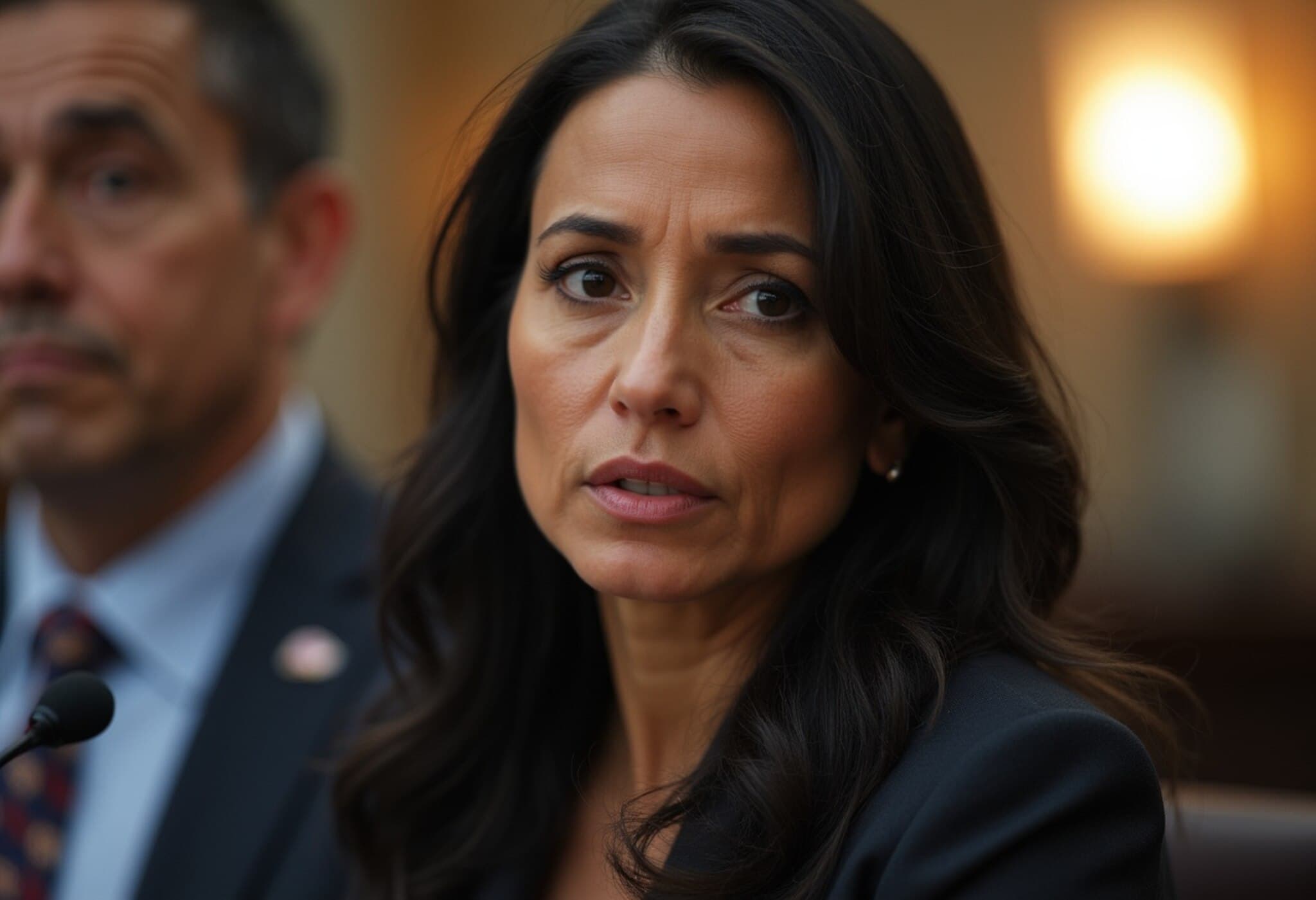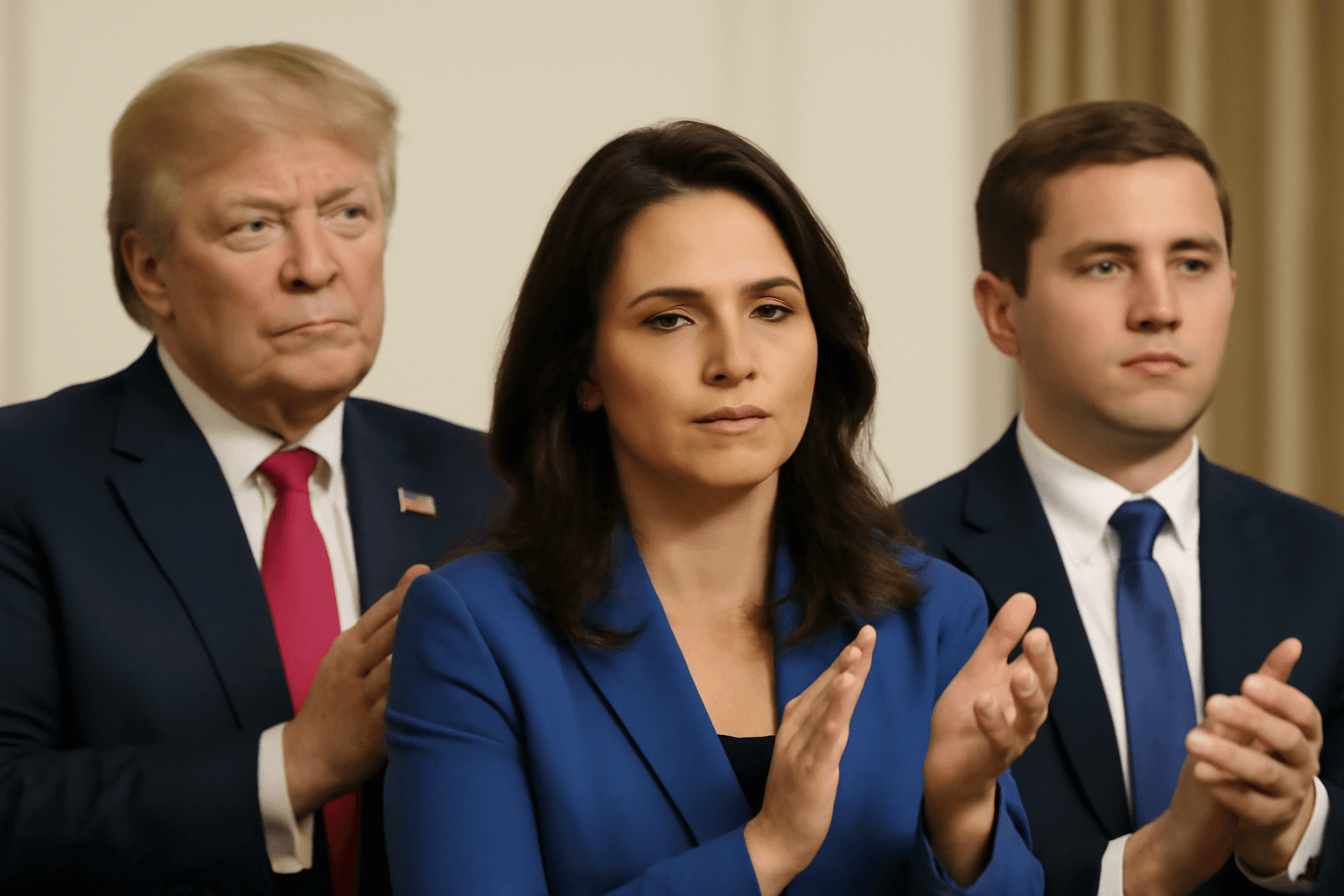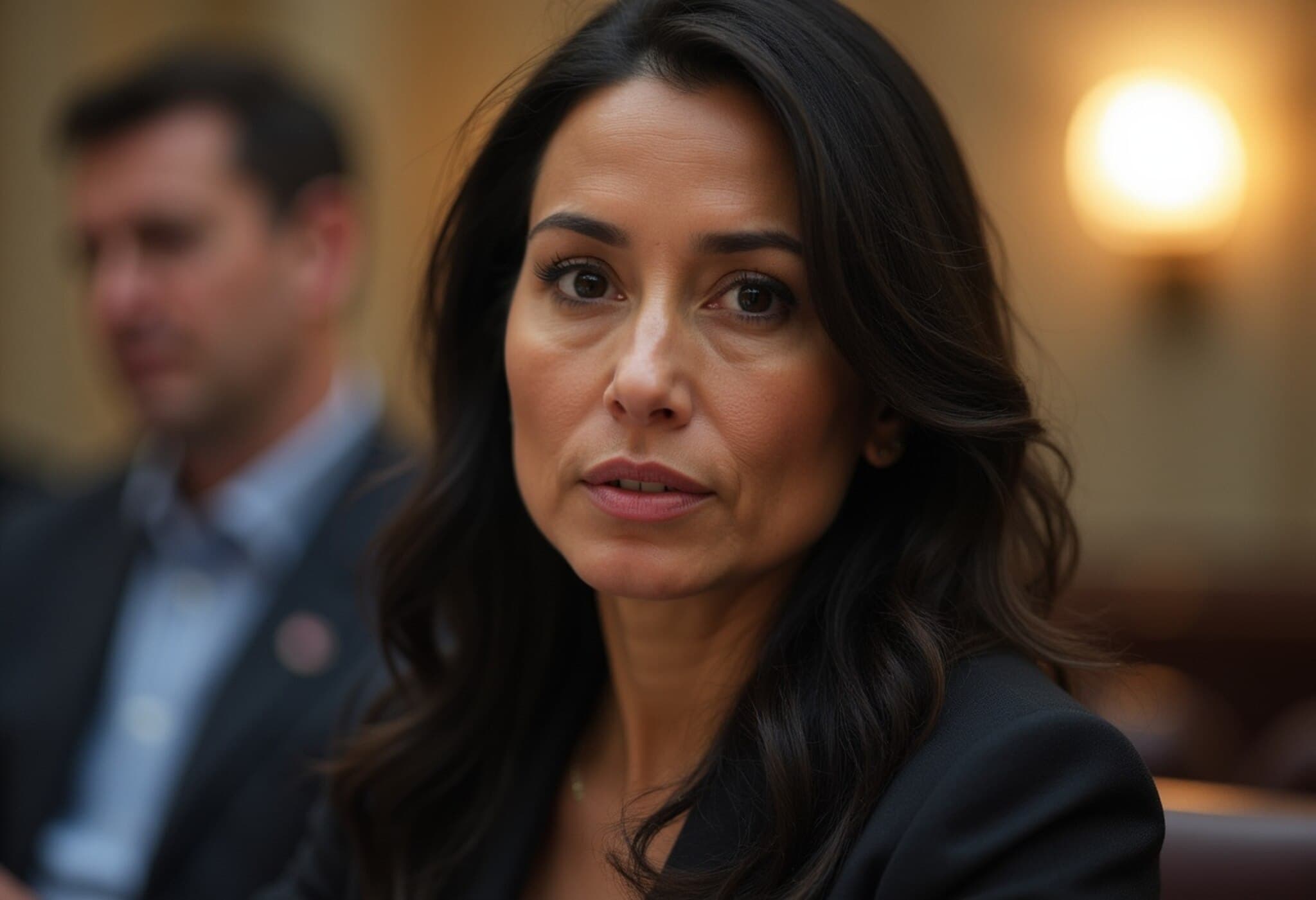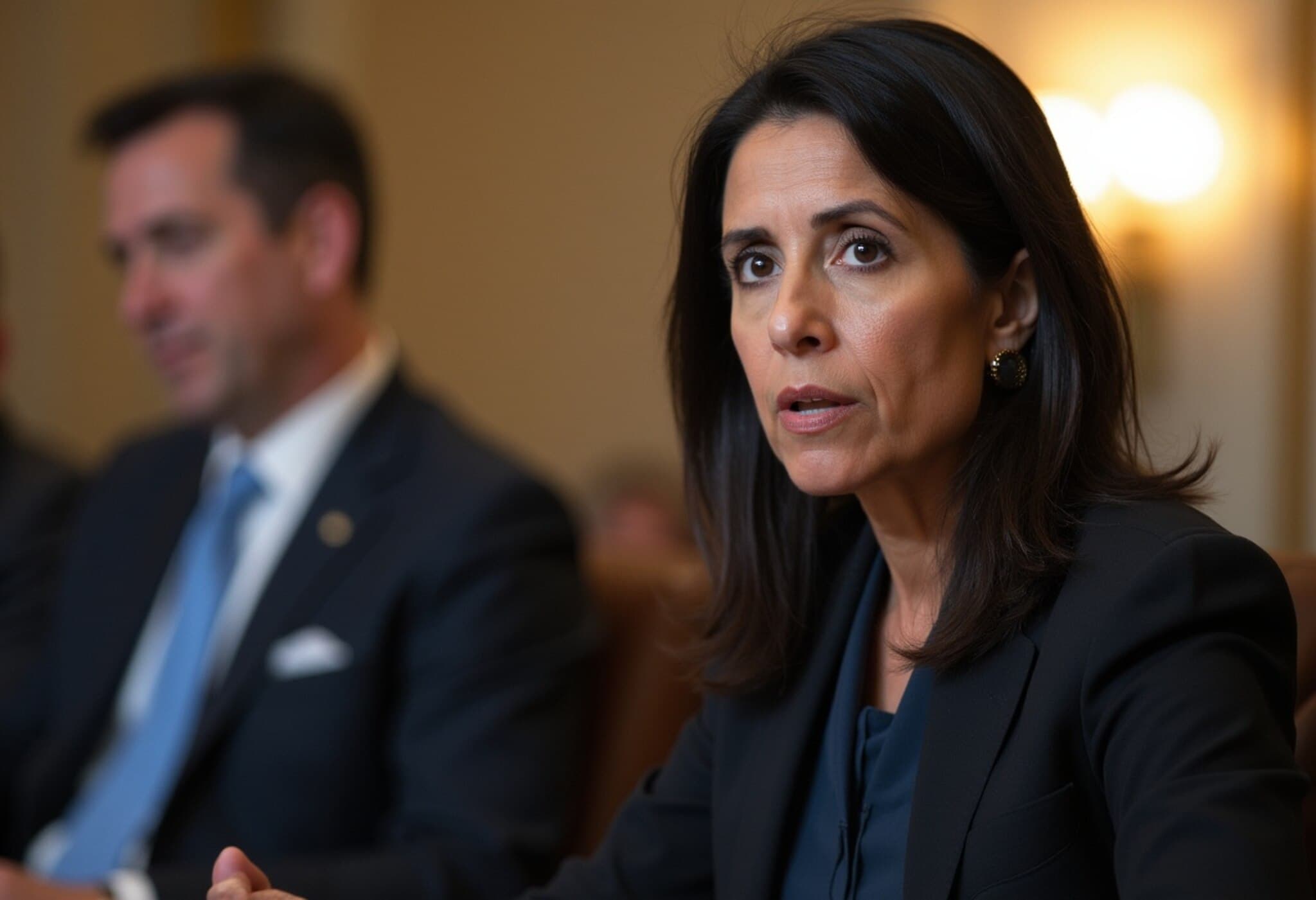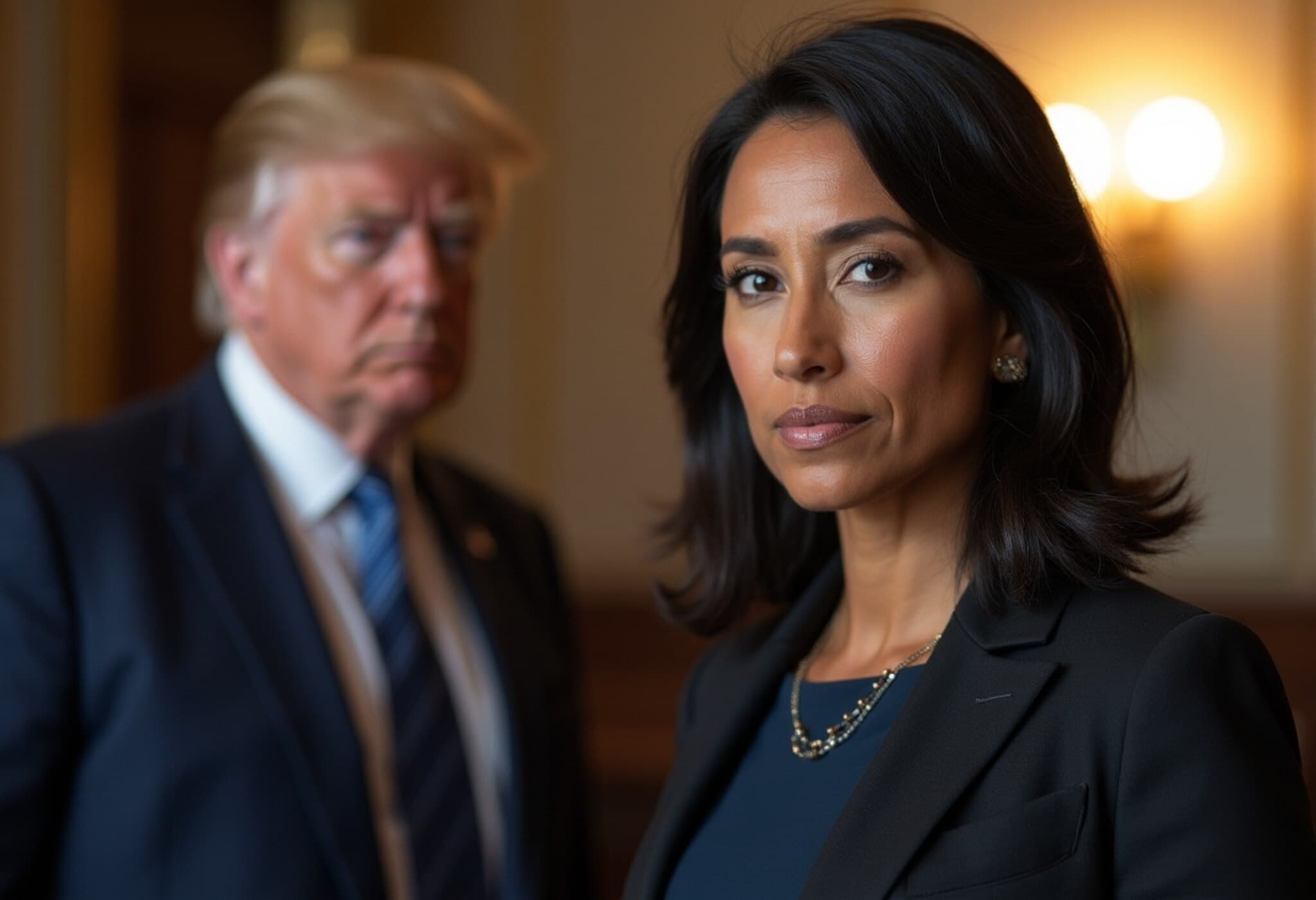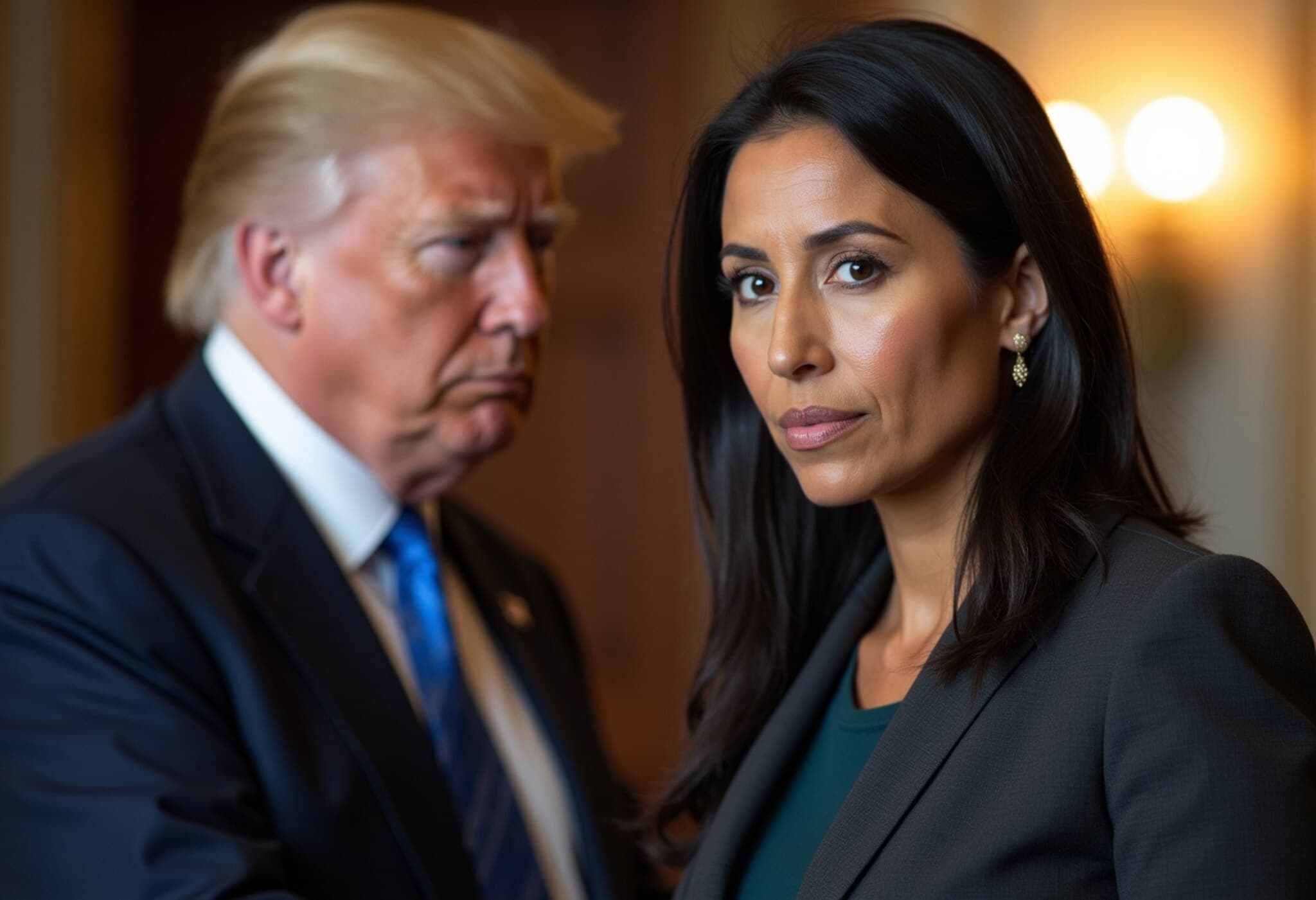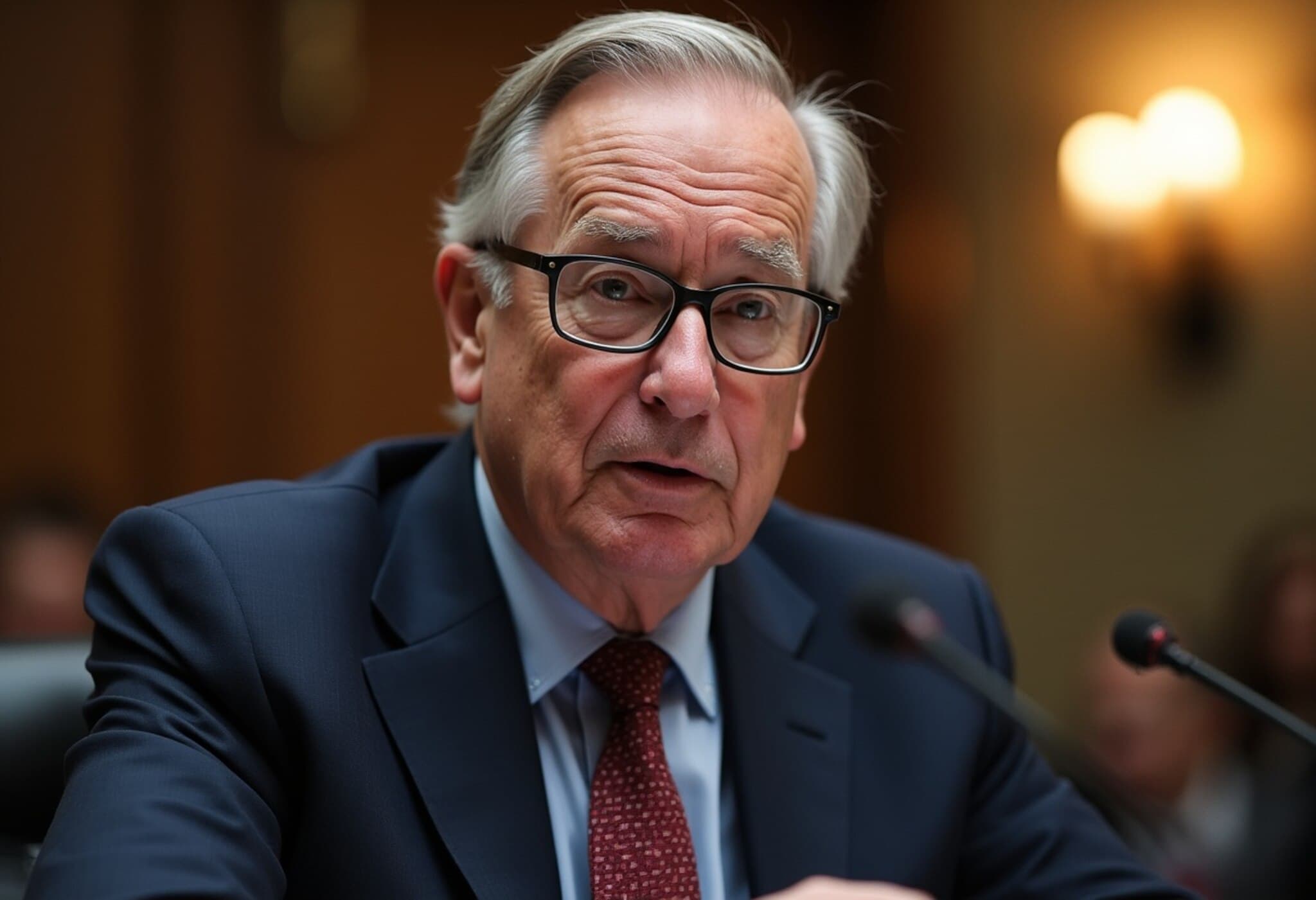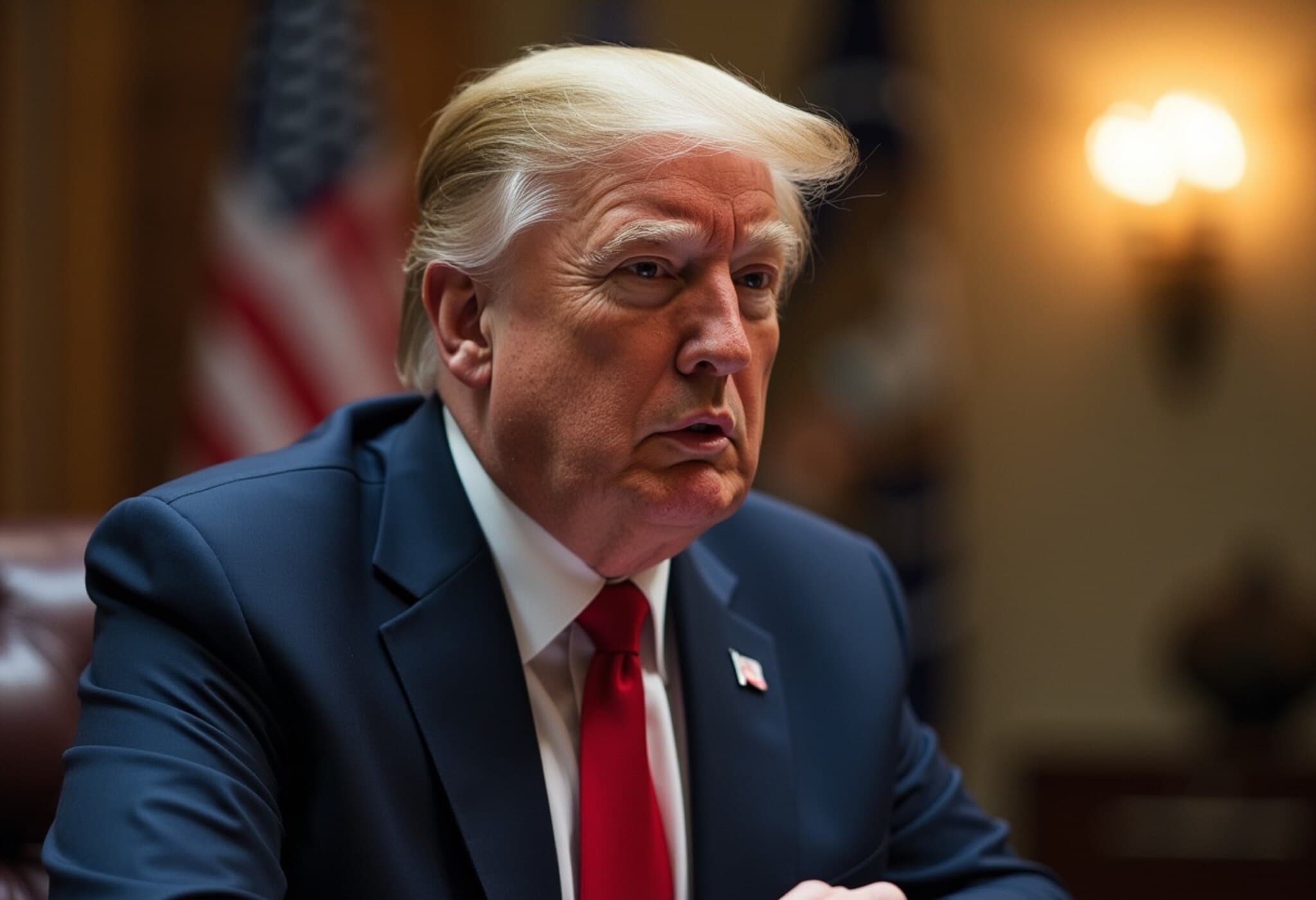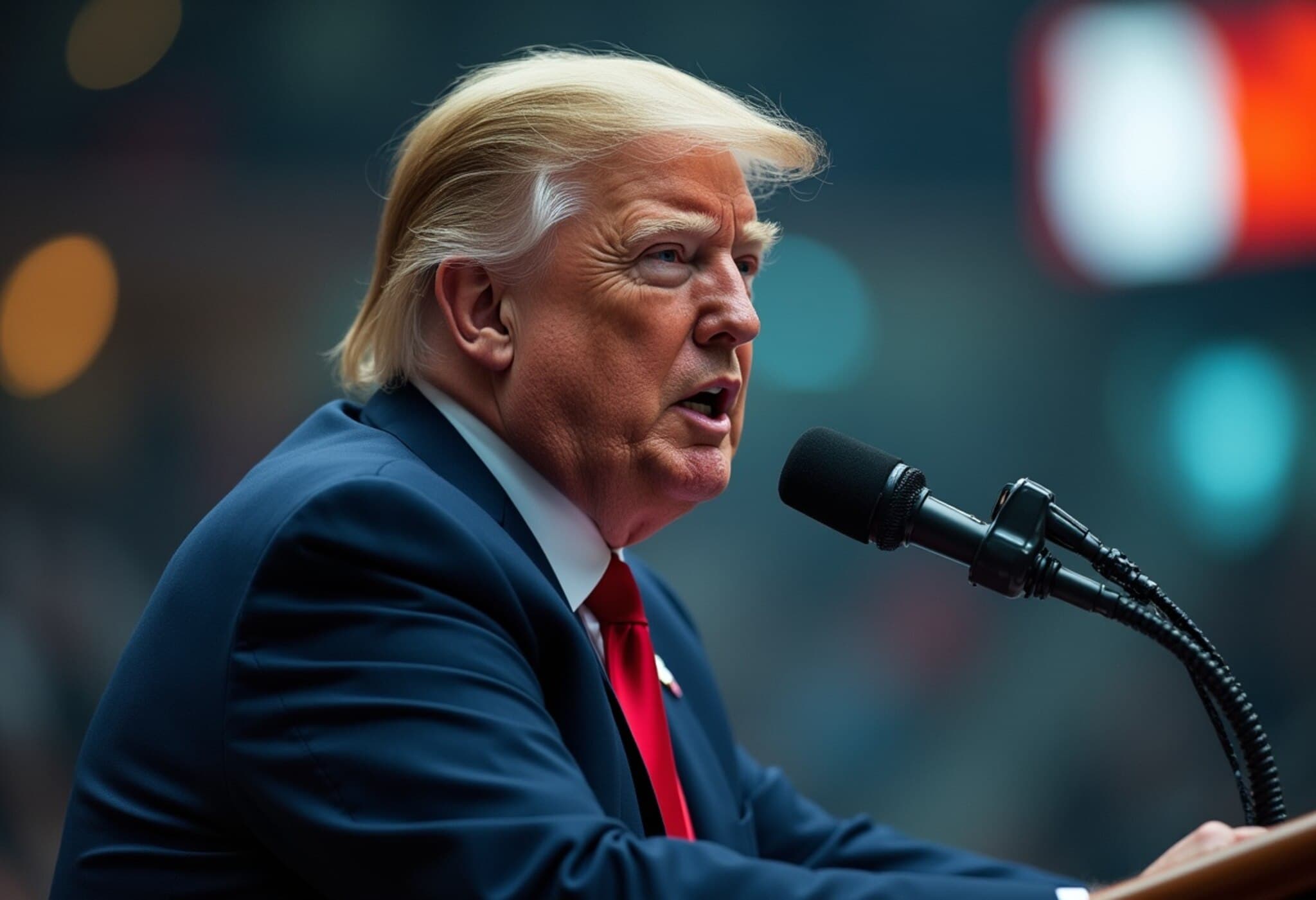Tulsi Gabbard Claims Obama "Manufactured" Intelligence on 2016 Russian Interference
In a startling development rekindling debates over the integrity of the 2016 US presidential election, Tulsi Gabbard, former US Director of National Intelligence and ex-Congresswoman, publicly alleged that former President Barack Obama and his administration "manufactured" intelligence reports concerning Russia’s alleged interference. These accusations come amid a politically charged atmosphere where narratives about election interference remain fiercely contested.
Unpacking the Controversy
On July 23, 2025, Gabbard declassified a sensitive congressional report she described as evidence backing claims that the Obama administration deliberately crafted intelligence assessments suggesting Russian assistance for then-candidate Donald Trump. Speaking at the White House, she asserted that the intelligence was deliberately shaped to generate fear and distrust in American democratic processes rather than accurately reflect Russia’s actual objectives.
"The evidence points to President Obama leading the manufacturing of this intelligence assessment," Gabbard said. She emphasized that Russia's true goal in 2016 was to sow division statewide—not to hand the election to Trump, contrary to popular belief.
Critics and Experts Question Gabbard's Assertions
However, the allegations have been met with considerable skepticism from legal experts, intelligence officials, and bipartisan lawmakers. The contested report, produced by Republican members of the House Intelligence Committee during President Trump’s first term, highlighted analytical weaknesses and gaps in the intelligence community’s conclusions but fell short of branding the assessments as "manufactured." Furthermore, CIA Director John Ratcliffe recently re-affirmed that the core conclusion of Russian election interference aimed, in part, to support Trump, was "defensible."
Policy analysts warn that Gabbard’s interpretation might be conflating disputed intelligence analysis with intentional fabrication. Such distinctions are critical in evaluating whether government assessments reflect bias or adhere to rigorous intelligence standards.
Obama Administration Responds and Contextualizes
The Obama administration responded firmly to the allegations, characterizing them as "bizarre" and a strategic attempt to distract from ongoing political controversies surrounding the Trump administration. An official statement condemned the claims as "ridiculous" and highlighted that these accusations undermine the broadly corroborated bipartisan consensus on Russian election interference.
Notably, the statement underscored findings from a 2020 bipartisan Senate Intelligence Committee report, led by then-Chairman Marco Rubio, that confirmed Russian efforts to influence, but not successfully manipulate, the 2016 vote.
Broader Political Implications
The episode unfolds against the backdrop of ongoing efforts by the Department of Justice, which recently announced forming a task force to investigate unsubstantiated claims made by former President Trump against Obama. Observers suggest the resurfacing of these allegations may serve as a political diversion amid separate controversies facing the Trump administration, such as scrutiny related to the Epstein case.
Expert Insight: Navigating Intelligence and Political Narratives
For analysts of US intelligence and election security, this controversy highlights the complex interplay between intelligence assessments and political agendas. Intelligence is rarely black-and-white; it often depends on difficult judgments about incomplete information. While politicization of intelligence reports is a perennial concern, claims of outright "manufacture" require careful scrutiny considering the legal ramifications and democratic trust.
Moreover, the public’s trust in institutions like the FBI, CIA, and Congress remains fragile. As misinformation and conspiracy theories proliferate, balanced, transparent communication from officials becomes paramount to uphold democratic norms and the integrity of electoral processes.
Key Takeaways
- Tulsi Gabbard claims the Obama administration fabricated intelligence on Russian interference in the 2016 election.
- The House Intelligence Committee's Republican report critiques intelligence but does not confirm fabrication.
- CIA Director John Ratcliffe defends the core intelligence assessment of Russian aims in 2016.
- The Obama administration dismisses allegations as politically motivated distractions.
- Bipartisan consensus supports that Russia interfered but did not manipulate vote outcomes.
Editor’s Note
This renewed clash over the credibility of intelligence on election interference raises urgent questions about how intelligence assessments are communicated, used politically, and understood by the public. In the era of heightened partisanship, separating fact from politically charged narratives remains a critical challenge for American democracy. Observers should watch how new investigations unfold and whether they contribute to transparency or deepen divisions.

